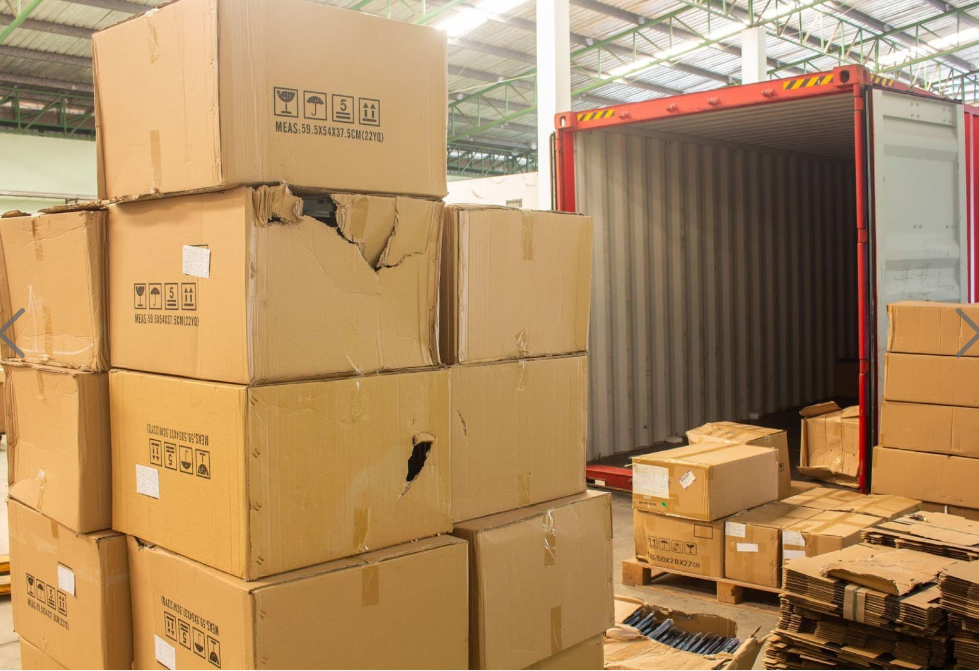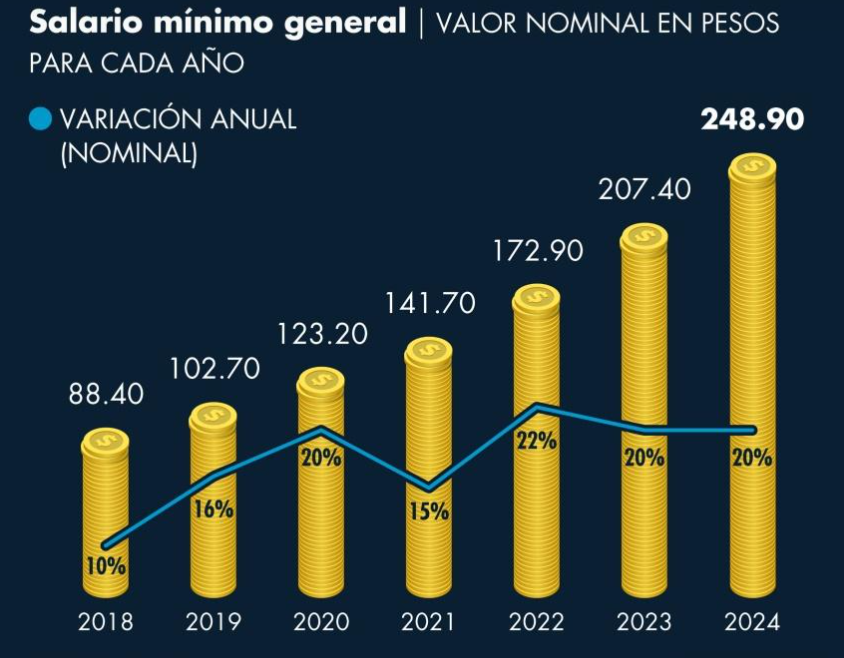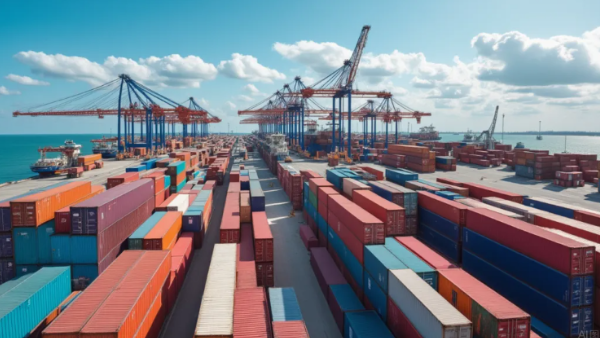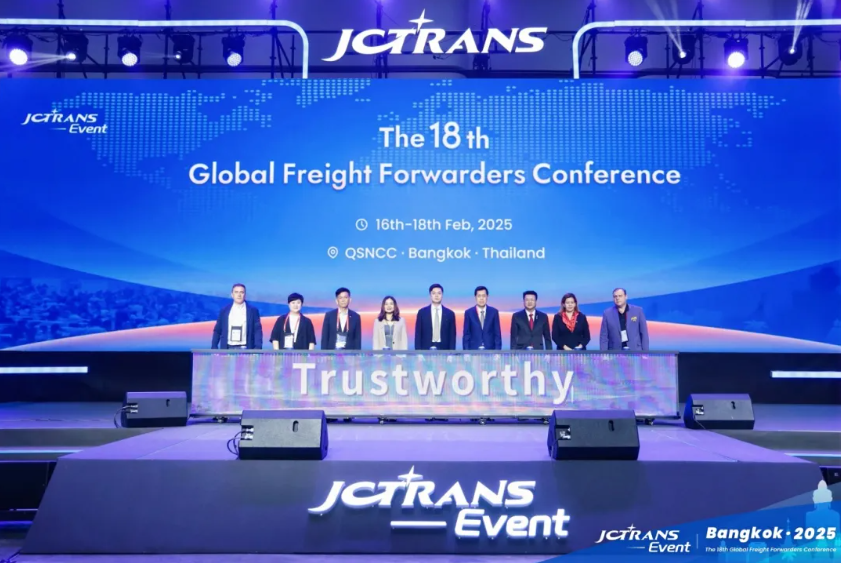Introduction
During international logistics transportation, if compensation for cargo damage is not clearly agreed upon before shipping fragile goods, disputes can arise. If cargo damage occurs, the carrier may struggle to recover freight charges, while the shipper faces a lengthy and costly claims process. How can such disputes be resolved?
Let’s look at a real case from Mexico.
Background
During a DDU shipment from Shanghai to Mexico City, China Guangjin Freight Forwarding Company collaborated with its local agent, Mexico-based ALT LTD. The cargo, LED display screens, was damaged during last-mile delivery by a trucking company subcontracted by ALT LTD. Upon delivery, the consignee found the outer packaging severely damaged, with the affected cargo valued at approximately $16,000.

Positions of Both Parties
• China Guangjin’s Position: China Guangjin insisted that the Mexican carrier should bear full responsibility for the cargo damage. They refused to pay the outstanding $3,300 freight charge, demanding that ALT compensate for the uninsured portion, equivalent to 5% of the cargo value.
• Mexico ALT LTD’s Position: ALT LTD acknowledged that the damage was caused by its trucking company but argued that since the cargo was insured, the freight forwarder was not responsible for compensation. ALT LTD maintained that China Guangjin had no right to withhold freight payment as leverage.
Platform Intervention
Upon receiving the complaint, the JCtrans risk control team immediately reviewed the Mexican Commercial Code regarding cargo transportation, particularly carrier liability and exemption clauses. Articles 1006 to 1043 of the Mexican Commercial Code outline the rights and obligations of carriers, shippers, and consignees, specifying the allocation of responsibility for cargo damage. Generally, in the absence of cargo insurance, the carrier may be held liable unless they can prove that the damage resulted from force majeure, inherent defects in the goods, or the shipper’s negligence. In this case, since the cargo was insured, ALT LTD, as the contracted carrier, had the duty to properly safeguard the goods and should therefore assume part of the compensation.
The JCtrans risk control team further investigated local Mexican regulations and found that:
• A carrier is only fully liable for cargo damage or loss if the shipper declares the cargo value and pays an additional insurance premium agreed with the carrier.
• If the shipper does not declare the cargo value, the carrier’s liability is limited to an amount equivalent to 15 times the current daily minimum wage of Mexico City per metric ton of cargo.
Given these findings, the JCtrans risk control team took the following actions:
1. Engaged ALT LTD to cooperate with the insurance company and provide all necessary documentation regarding the cargo damage.
2. Communicated extensively with ALT LTD, emphasizing that as a platform member, it must adhere to industry ethics and carrier responsibilities. At the same time, JCTRANS assured ALT LTD that their rights would be protected.
3. Ensured that China Guangjin fulfilled its payment obligations, committing to settle the outstanding freight charges once the insurance claim was processed.
With the platform’s coordination, ALT LTD ultimately agreed to compensate for the damage based on the 15-day minimum wage standard in Mexico City, amounting to 248.9 Mexican Pesos (MXN) per day. China Guangjin accepted this resolution, and the compensation was deducted from the freight charges. The JCTRANS risk control team supervised the signing of the settlement agreement and ensured that China Guangjin arranged payment for the agreed freight charges, successfully resolving the dispute.

Platform Advisory
Under DDU/DDP shipments, the risks associated with last-mile delivery must not be underestimated. While risks in standard ocean container transportation are relatively manageable, last-mile delivery poses additional uncertainties. Therefore, companies should:
• Ensure comprehensive cargo insurance coverage before shipping.
• Understand the cargo claim regulations of the destination country. In this case, had the shipper declared the cargo value, they could have avoided the issue of limited carrier liability.
• Work with a professional and impartial risk control team to ensure a fair resolution in case of cargo damage, thereby protecting all parties’ interests.
JCtrans is committed to helping businesses mitigate risks, enhance cooperation efficiency, and resolve disputes effectively in international freight forwarding.

Last
90% Liability Falls on the Seller! Carrier Implicated? 2025 Brazil Bill of Lading Survival Guide
A recent case highlights the severe consequences of an incorrect bill of lading (B/L) description, resulting in substantial financ

Next
JCtrans Successfully Concludes 18th Global Freight Forwarders Conference in Bangkok, Thailand
From February 16 to 18, the 18th Global Freight Forwarders Conference hosted by JCtrans was successfully held in Bangkok, Thailand




